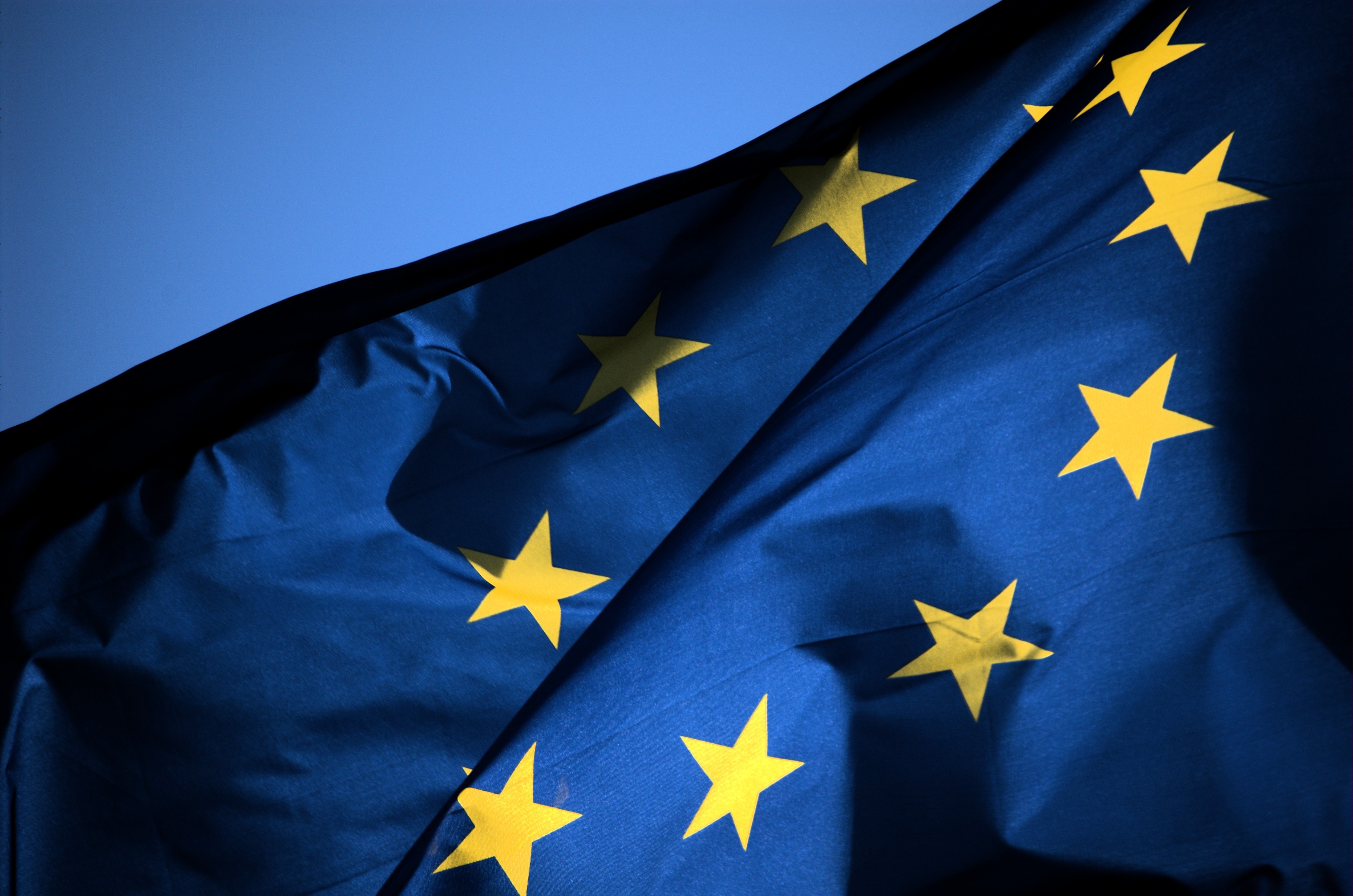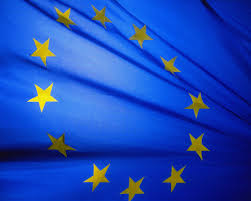
Where is British conservatism today?
On Friday 10th October 2014, Britain woke up to the news that the voters of Clacton-on-Sea had elected a UKIP Member of Parliament. To some, no doubt, this marked the inevitable culmination of the fracturing of the British right that began over twenty years earlier with the ratification of the Maastricht Treaty, under the auspices of the then Conservative Prime Minister, John Major. It was this episode that led first to the formation of the Anti-Federalist League and then to its successor organisation, the United Kingdom Independence Party, in 1993, which has since attracted significant numbers of disaffected Tories, angry at the Conservative’s apparent acquiescence to further European integration. UKIP has grown now to a membership of over 35,000 and seems to be finally breaking out of its single issue, single personality mould, to become a real electoral challenge to the Tories. The recent defection of two sitting Conservative MPs, Douglas Carswell and Mark Reckless, to UKIP, confirms for some people what they have been thinking for a long time: that the Conservative Party no longer does what it says on the tin, that it is, to quote the journalist Simon Heffer, “insufficiently conservative”, the torch of conservatism having now passed to Farage and co.
In this post, the first of three on conservatism in Britain, I want to consider the plausibility of this claim, as part of a broader attempt to determine which political party in Britain today has the most convincing claim to the mantle of conservatism.[1] The answers are by no means clear-cut (they rarely are in politics) and may even seem counter-intuitive. It must be stated at the outset that conservatism is not, by any means, a single, coherent or homogenous ideology. It consists of various branches and traditions and shares similarities with other, nominally distinct, philosophies—notably liberalism. This undoubtedly complicates the task in hand, but it is important to recognise the complexity of the object of study before embarking on the analysis.

Citizen enforcers? Implementing immigration controls through devolution and allegation
In recent years there has been an increasingly systematic integration of immigration controls into a range of institutions. The ability to access healthcare, social housing, benefits and legal aid, to seek employment, open a bank account, obtain a driving license, and rent a property have each been tied to immigration status. This linkage is mediated by more than a binary between legality and illegality. The regulation of mobility through legal frameworks at the European and international level, as well as the domestic, has generated a range of rights – to reside, of abode, to work, to rent – that are shaped by the interaction of multiple statuses – “EEA national”, “asylum seeker”, “habitual resident”, “jobseeker”, “worker”, “self-sufficient person”.
The rights and entitlements of citizens, as well as migrants, are curtailed and impacted by immigration controls. A citizen cannot claim means-tested benefits without proving habitual residence, they cannot marry a non-EEA national without verifying the partnership’s legitimacy in the eyes of the state, and they cannot bring this spouse into the UK without earning over a minimum income threshold. More broadly, citizens cannot avoid immigration controls without first proving that they are not subject to them.
It is important to understand and reflect upon the consequences of these controls. However, it is also important to think about where the responsibility for their implementation lies. As immigration controls are integrated in an increasingly systematic way into the workplace, university, school, hospital, jobcentre, letting agency, registry office and bank they are pushed away from the centralised state and into the community. This entails both a diversification and a shift in the actors compelled to put them into practice on the ground. Last week’s European Court of Justice decision on the Dano v Jobcentre Leipzig case brings this into focus. For the individual who cannot be subject to formal immigration controls but who can be excluded from social benefits if economically inactive, immigration enforcement responsibilities fall not to the immigration officer but to the frontline public service worker.

Citizenship and identity: The new Britons in an age of resurgent Englishness
In the 1990s, commentators across the political spectrum observed the rise of civic British national identity in the UK. Both the Major and Blair governments promoted “active citizenship” and rolled out polices such as Citizenship Ceremonies for the naturalised and citizenship education in schools – with the civic republican philosopher Bernard Crick a significant influence over many of these reforms. From a very different angle, the Britpop moment and “cool Britannia” brand made the Union Jack fashionable. A confident multiculturalism and relaxed, mongrel Britishness was part of the zeitgeist.
From the vantage point of 2014, that moment seems very distant. In the last decade, we have seen instead a resurgence of the infra-national identities of the UK’s constituent countries: the renaissance of Scottishness in Scotland, the rise of Welshness in Wales, and – much less reflected upon – the return of Englishness in England.
The return of the English
The 2011 Census included a national identity question. It showed that, in England, Englishness is the predominant national identity, expressed by two thirds of the population (with 58% choosing only English identity), while just 29% identify with Britishness (19% choosing only British identity).
For many, this kind of Englishness is probably expressed activities such as cheering on (or moaning at) English sporting teams. But we have also seen its political mobilisation: in resentment at Scottish power in Westminster, in the sinister street theatre of the English Defence League and its offshoots, and in the rise of UKIP.
It is important, however, to note the geographical and generational dynamics of this resurgent Englishness.

Tilling the fields where forced labour grows
Unless you are following the story closely, you may not have noticed the worryingly slow progress of the “Modern Slavery” bill through parliament. It faces its third reading in early November, and so far there is no outright opposition. Of course no one is going to speak up for modern slavery. It is a dreadful thing, and no parliamentarian would defend it for a moment.
Instead, the delays have come from wrangling over wording, caused by the politics over immigration. The problem is that Home Secretary Theresa May describes the crime as “human beings used as commodities for the personal gain of others” (Hansard, 8 July 2014 col. 166), provoking the question of how this form of exploitation differs from other “everyday” exploitation faced by many (if not most) workers.

EU Commission hearings at the European Parliament
n October 2014, candidates for the new European Commission were put through their paces at public hearings of the parliamentary committees responsible for the portfolio to which they have been assigned at the European Parliament in Brussels. This process represents an important opportunity for citizens to examine the proposed Commissioners (Commissioners-designate) before they take office, and shows the Parliament, the only directly elected European institution, increasing in legitimacy and relevance.
The Commission, the powerful executive arm of the European Union (EU) is composed of one representative from each of the EU’s 28 Member States, and is responsible for upholding the Union’s treaties, for proposing legislation and implementing decisions, and for the day-to-day running of the EU institutions. This includes participating in the design and enforcement of bailout agreements for crisis-stricken member states, wide-ranging economic surveillance of national budgets, and the allocation of billions of euros in funding each year.
The job of assembling a team of Commissioners that strikes an acceptable balance between the size and location of each Member State, as well as the nationality, gender, political affiliations, and attributes of individual candidates, falls to President-elect Jean-Claude Juncker, a Luxembourgish Christian Democrat. Juncker spent the months since the European elections in May 2014 negotiating with national governments, political parties, and candidates until in September the Brussels rumour-mill ground to a halt with the announcement of the proposed Juncker Commission.
Juncker’s team are not yet able to seek refuge on the thirteenth floor of the Berlaymont, the Commission’s headquarters in Brussels, as the Treaty establishing the European Community (TEC, Article 214(2)) provides for Commissioners-designate to be approved by Parliament before taking office. Members of Parliament (MEPs), scrutinise the credentials of Commissioners-designate via a series of 3-hour public-hearings, where candidates are grilled on their qualifications, knowledge of their proposed portfolios, inter-personal and communication skills and indeed, their political and personal lives.
Commissioners-designate are nominated by national governments, and once in office, little scope exists to allow for their removal. These hearings therefore provide an important opportunity for democratic oversight and transparency on behalf of European citizens.

Migration and the political
Ever since the collapse of second-world socialisms as “actually existing” political alternatives to global capitalism, the political terrain has shifted considerably. Old political subjects, such as class, seem to have disappeared or waned in significance, while new political subjects are elusive. Political action consists of seemingly unorganised and spontaneous mass events without clearly articulated agendas or of practices of daily life that have subversive political effects. Both forms of political action are often invested with hope that they will somehow enable alternatives to the currently predominant forms of organising collective life.[1]
This political desire also attaches to migration. Some years ago, Étienne Balibar wrote of immigrants as “today’s proletariat” (2004: 50). More recently, Dimitris Papadopoulos, Vassilis Tsianos and Niamh Stephenson (2008) have written about clandestine migration as imperceptible politics, namely as a social practice that does not have an explicit political goal, but that brings about large-scale shifts in the political field. The prevailing sentiment in activist circles seems to be that if migration is disruptive, as mainstream political elites suggest, then this disruption might as well be put to different political ends. Thus, for example, a group of scholars and activists working on borders recently occupied the discursive terrain by introducing new keywords in migration and borders, such as “militant investigation”, “counter-mapping” and “bordering” among others (Casas Cortes et al. 2014).

Matteo Renzi’s PD eight months later: where now for the Italian left?
Leading the Italian left has never been an easy task. After the collapse of democratic centralism (i.e. the Leninist practice which obliged the membership to uphold any leader’s decision following an internal discussion), leadership has soon become the Achilles’ heels of the Italian former communists. Party secretaries have been weakened by the rising power of internal factions, used as scape-goats after electoral defeats and blamed for both lack of charisma (Pierluigi Bersani) and excessive protagonism (Massimo D’Alema and especially Matteo Renzi himself).
Moreover, the presidential leadership style of its eternal enemy, Silvio Berlusconi, made the Italian PD (Democratic Party) rather unenthusiastic toward the trends of personalisation and presidentialisation spreading all over Europe. It is not by chance that the Berlusconian model always comes up when discussing Renzi’s personality and politics. Internal opponents and critical observers denounce Renzi’s simplified language and slogans, as well as his post-ideological appeal and charismatic governance. He is even often described as the son of Berlusconi, in the same way that Tony Blair was once called the son of Thatcher.
Albeit controversial, Renzi’s personalized approach seems to have played a key-role in his rise to power. Studies conducted among the delegates at the 2013 Party Conference show that the party’s majority backed him in virtue of his personal characteristics and leadership skills rather than political message. Moreover, whereas the 2012 delegates expected the at-that-time-leader Bersani to promote a process of identity reconstruction and grassroots’ institutionalization, the 2013 Conference asked Renzi for concrete strategies to win the next General Elections (Martocchia Diodati 2014).

Austerity and Euroscepticism: The End of EU Development Cooperation?
The financial crisis and its aftermath have brought to light the crisis of European integration, more precisely the crisis and potential demise of a certain approach to integration pursued since the early 1950s. The demise of an allegedly inevitable ‘ever closer Union’ pursued primarily in a technocratic way predates the turmoil which started in late 2008. The escalating struggle between European institutions and member states, buttressed by the rise of popular distrust, seems to emerge as one of the biggest challenges to European integration.
dev aidIn development cooperation, an area of ‘shared’ competences between the EU institutions and the member states, it has remained unexplored how economic recession, the sovereign debt crisis, austerity, the struggle in the eurozone and increasing Euroscepticism have affected the relationship between the EU and its member states.
EU aid has undeniably been affected. Significant cuts to bilateral aid budgets due to the consolidation of public finances have reduced member states’ willingness to pool further resources and competences in Brussels. Instead, member states have shown an increasing tendency to operate on their own or in like-minded groups, and focus on inward-looking aid policiesdriven by national interests and priorities.









